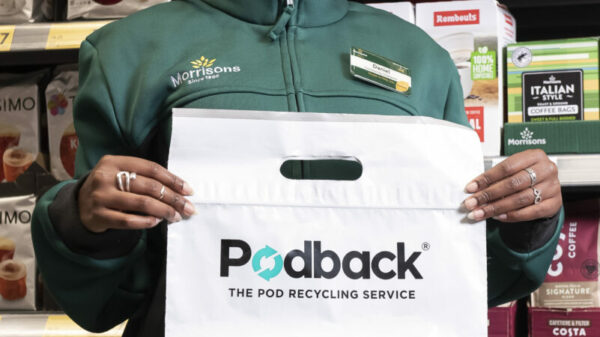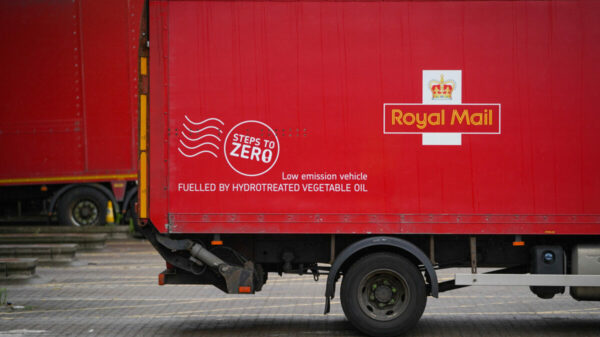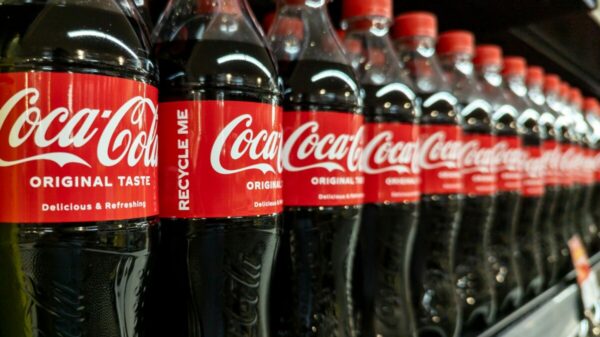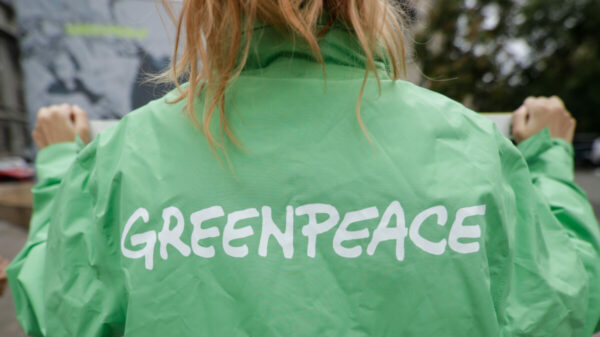Resale platforms at fast fashion retailers like H&M, Zara and Shein have minimal impact on reducing emissions, a new study by Trove found.
The study found that fast fashion creates around 11.5kg of carbon dioxide for each clothing item, but only reduces emissions by 0.7% with resale programmes.
Trove recommend that fast fashion brands may be able to decarbonise if they invest in supply chain.
Premium apparel brands create around 16kg of carbon dioxide for every clothing it makes and reduces emissions by 14.8% through resale programmes.
Outdoor brands create 12.5kg of carbon dioxide and could reduce emissions by 15.8%
Subscribe to Sustainability Beat for free
Sign up here to get the latest sustainability news sent straight to your inbox everyday
Where do returned clothes go?
A recent investigation found retailers such as H&M, Primark, Boohoo and Nike are sending used clothes for recycling to either landfill or being burn.
The Changing Markets Foundation, who found that less than a quarter of the 21 items handed back to fashion retailers were resold or repurposed as intended.
Changing Markets tracked the journey of clothes donated to the recycling schemes of 10 fashion brands, including H&M, Zara, C&A, Primark, Nike, The North Face, Uniqlo and M&S. Items were either donated instore or posted to a Boohoo scheme.
H&M head of sustainability Leyla Ertur said the brand has “zero tolerance” for textiles becoming waste and claimed that processes have changed since the investigation took place, late last year.
“We take the findings presented in the investigation very seriously and we are humble to the fact that we and our previous partner in this case have not managed to live up to our own high standards,” she added.















